Supervisors
Supervisors
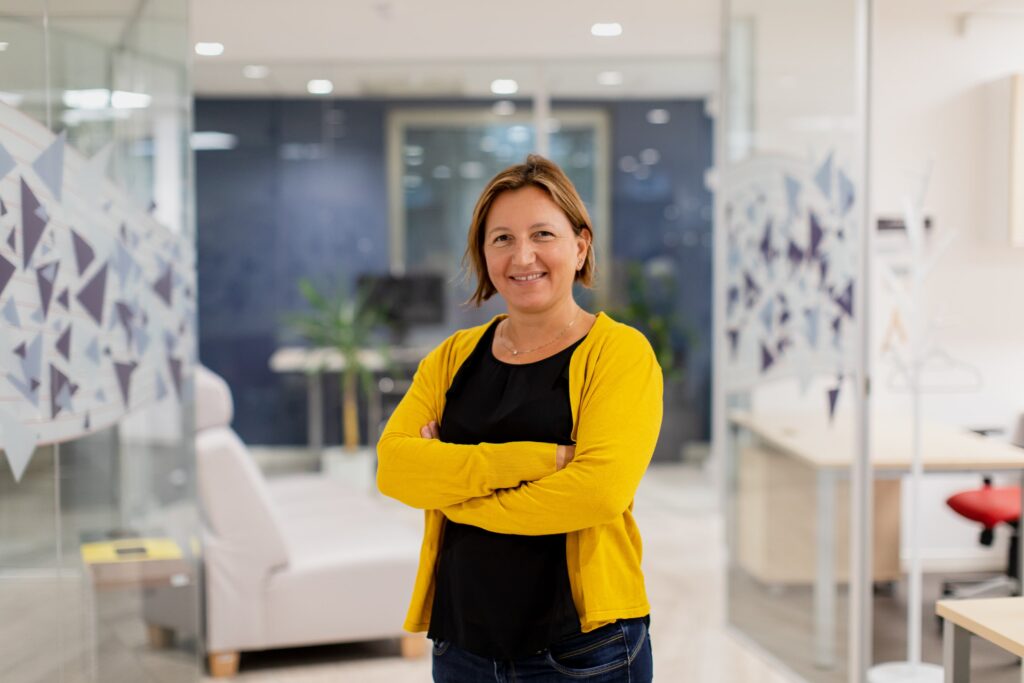
Francesca Albertini
Medical Physicist at Paul Scherrer Institut
“I am Francesca Albertini, a medical physicist and the coordinator of the RAPTOR project. I have been working as a clinical medical physicist in the field of proton therapy since 2004. My goal was (and still is) to ensure safety while offering the best possible treatment to each patient. As such, alongside my clinical tasks, my research activities have focused on advanced treatment planning approaches, proton therapy workflow and quality assurance procedures.
The RAPTOR project fits perfectly with my clinical and research interests. Indeed, I believe that the use of online adaptive proton therapy is a key step towards improving patient treatment. I hope that the new generation of young researchers, trained within RAPTOR, together with the world-class industry and research institutions involved in the project will bring online adaptive proton therapy closer to the clinic application.”
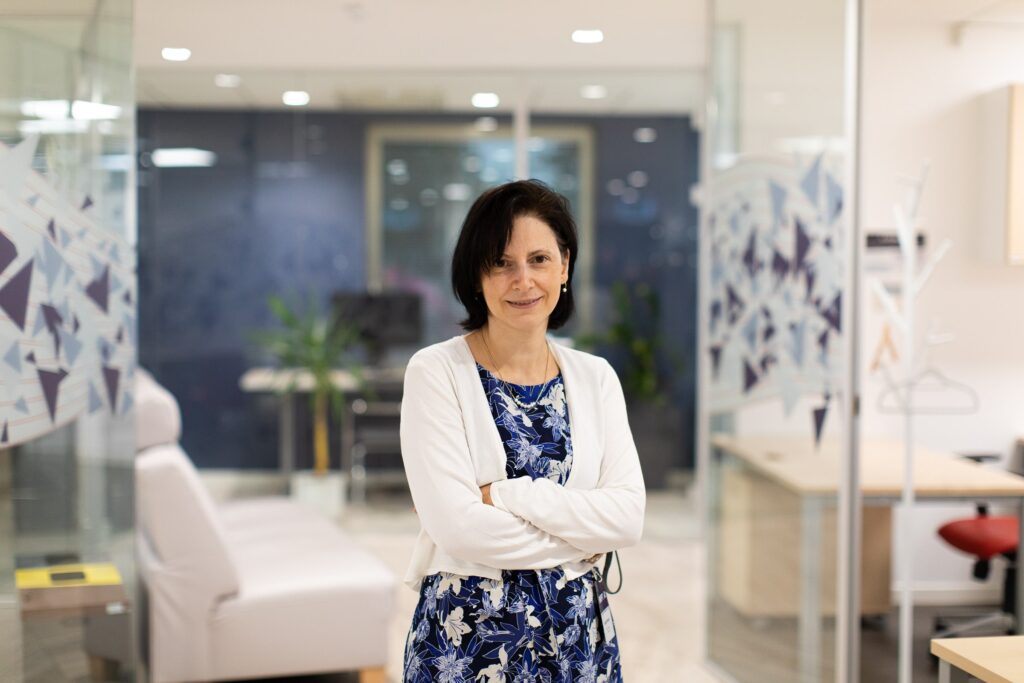
Katia Parodi
Professor for Medical Physics at the Ludwig-Maximilians-University
I am Katia Parodi, Professor for Medical Physics at the Ludwig-Maximilians-University in Munich. Within RAPTOR I am responsible for the training programme. I have been working in the field of particle therapy since 1997, having the opportunity to gain research experience and clinical insights at different particle therapy facilities and research institutions. The RAPTOR project perfectly fits my main motivation to drive innovations in the field of medical physics, with emphasis on advanced computational models and imaging methods, to unlock the full potential of ion beams for improved treatment outcome.
RAPTOR provides an excellent platform for high-level research and training in a world-class international and interdisciplinary consortium. It will be an enriching experience to support the training of the next generation of researchers who will be given the unique opportunity to work with experts from academia, clinics and industry to shape the next generation of online adaptive particle therapy.
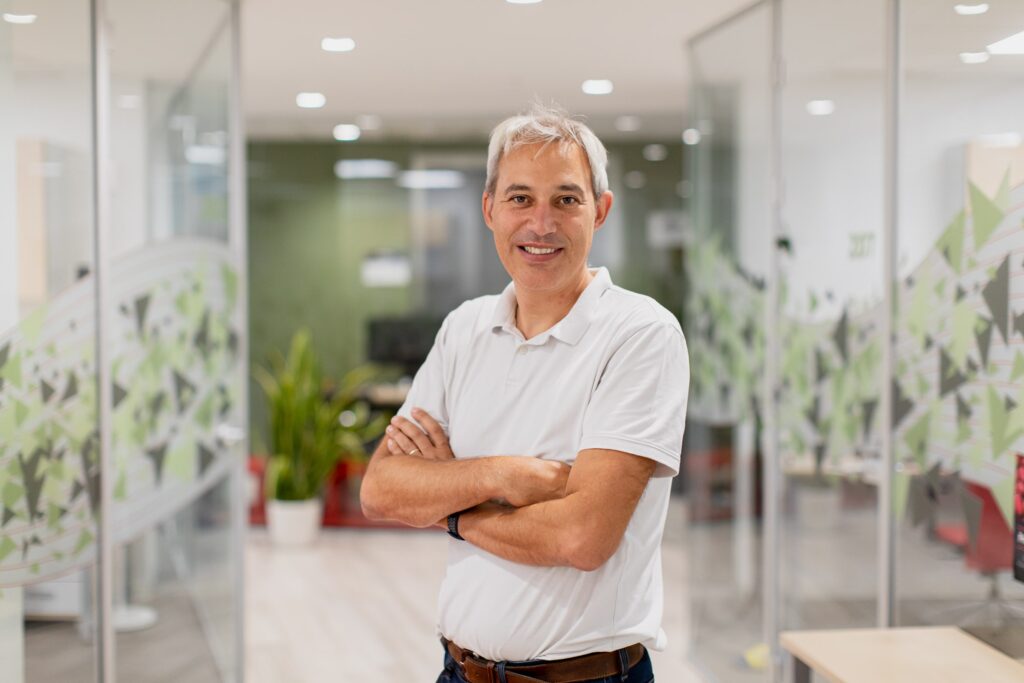
Andrej Studen
Medical physicist and an Assistant Professor with the Faculty of Mathematics and Physics at the University of Ljubljana
I am Andrej Studen, a medical physicist and an Assistant Professor with the Faculty of Mathematics and Physics at the University of Ljubljana. I have been investigating medical physics since 2000, first through development of instrumentation for nuclear physics and lately by active participation in clinical studies where advanced image analytics is applied. I have been always driven by connecting discoveries from core research to everyday clinical practice.
It is my great pleasure to be a part of the RAPTOR project which connects the leading institutions in particle therapy. I believe us to be a perfect group to introduce a complex workflow of adaptive therapy to clinical practice. I am thrilled to be working with young students and share experience and knowledge and lay core foundations for a better informed medical world.
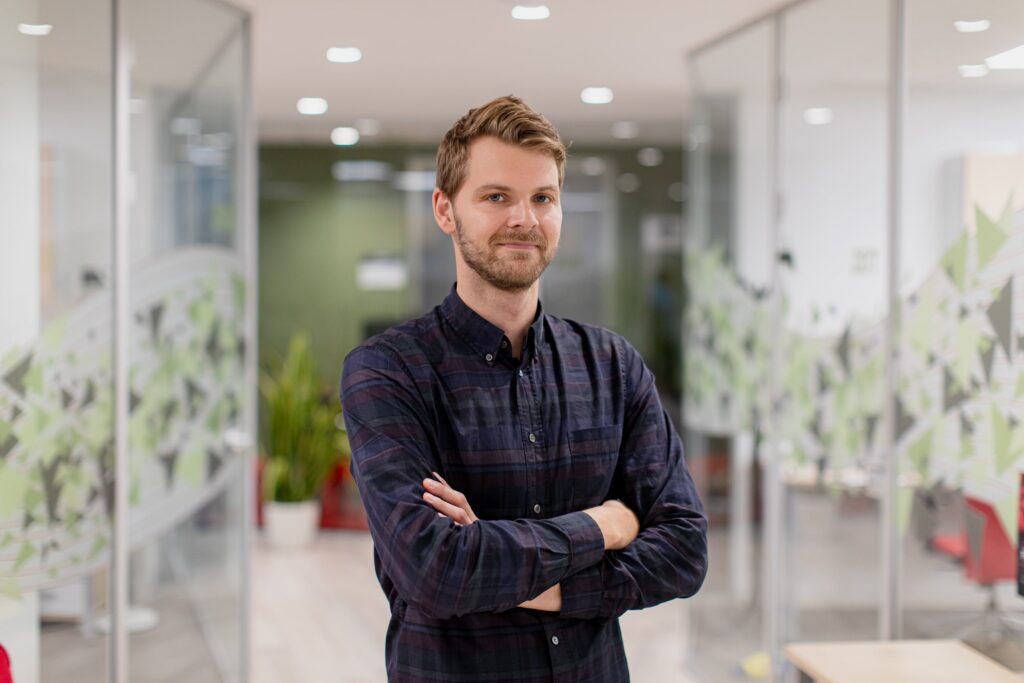
Albin Fredriksson
Head of Optimization at RaySearch
I am Albin Fredriksson, supervisor of Suryakant Kaushik (ESR11). My background is in applied mathematics, more specifically optimization of radiation therapy. As Head of Optimization at RaySearch, my goal is to improve cancer care by innovative software.
The RAPTOR project concerns online adaptive proton therapy, which is likely to be an important next step to improve radiation therapy treatment. The project provides an excellent forum where PhD students can meet and collaborate with other students as well as more senior scientists from leading research institutions. I hope that RAPTOR will spur collaboration and let us take the next step in radiation therapy treatment.
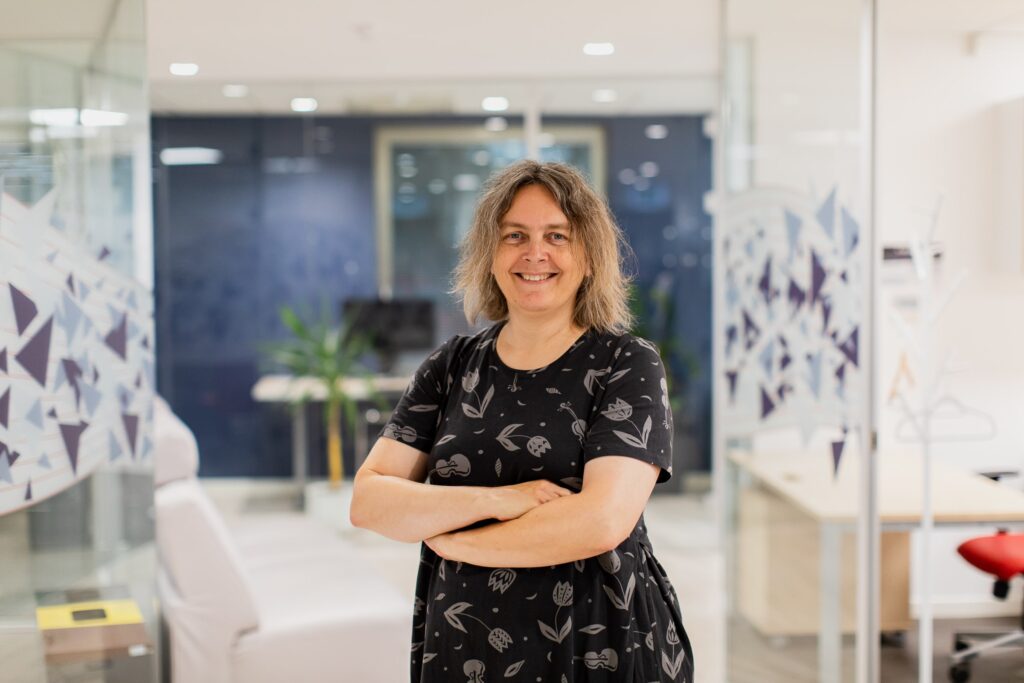
Stine Korreman
Professor of Medical Physics at Danish Center for Particle Therapy, Aarhus University
I am Stine Korreman, Professor of Medical Physics at Danish Center for Particle Therapy. I have been working in the field of radiotherapy for more than 20 years, focusing primarily on image-guided and adaptive therapy. For proton therapy, my focus is on development of strategies to handle the detrimental effects of anatomical changes occuring during the course of therapy. In my research group we use computational techniques, such as machine learning and data mining, to harness the power of data for increasing radiotherapy accuracy.
In the RAPTOR project, I coordinate the efforts of work package 3 concerning interventional studies – how to include adaptation in treatment planning and delivery. The project we perform in Aarhus contributes to this by developing patient individualized models for including anatomical changes into a robust proton plan optimization. I truly believe that with the RAPTOR project, we can make a difference for patients by individualizing their treatment and improving the clinical workflow.
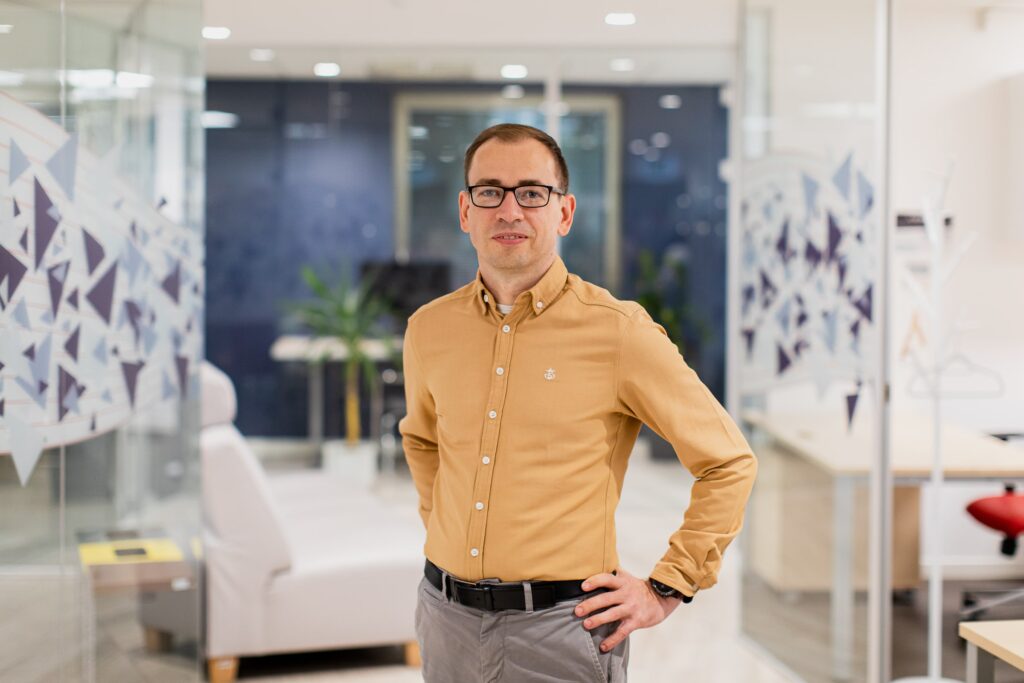
Christian Richter
Professor of Medical Radiation Physics at Technische Universität Dresden
I am Christian Richter, Professor of Medical Radiation Physics at Technische Universität Dresden and responsible for our Medical Physics Master programme, which is combined with a MPE certification. At OncoRay, I am heading the Medical Physics Department, including both research and clinics. Our research is very much focused on the realization of online-adaptive proton therapy, enabled by on AI-supported closed feedback-loop of imaging, adaption, QA and verification – making the RAPTOR consortium a perfect match for international collaboration. With my strong track record in multidisciplinary and translational research projects in Medical Physics, e.g. DECT for PT planning and PGI for treatment verification, I am always aiming to bring the research innovations to where they really matter – to the patient.
I strongly believe that particle therapy needs to become online-adaptive, so that the advantageus tissue-sparing dose distribution will be combined with the capability to react immediatly on changing anatomy. RAPTOR will play an important role on this journey as the brilliant young researchers will drive this innovation with developing new tools and approaches and thereby bring OAPT closer to a clinical application.
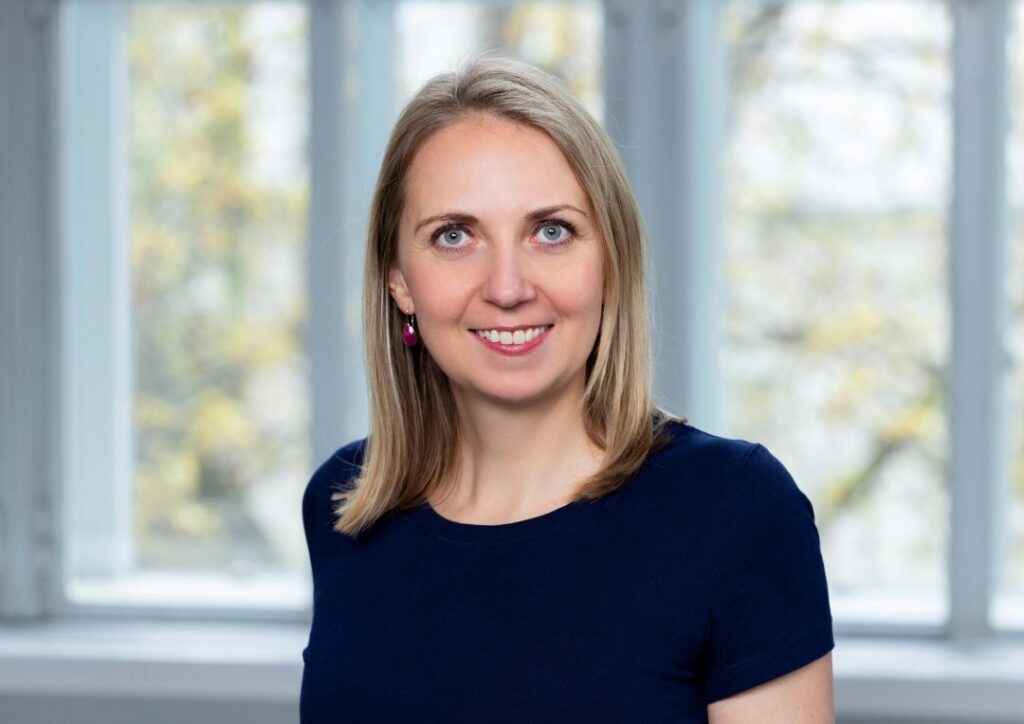
Barbara Knäusl
Medical physicist at the Medical University of Vienna
I am Barbara Knäusl, a medical physicist at the Medical University of Vienna, supervisor of one of the PhD projects and part of the teaching committee in the RAPTOR project. Since 2012 I am working as a Post-Doc researcher in the field of photons, protons and carbon ions. With my work as a clinical medical physicist at MedAustron from 2015-to 2020 and my current clinical work at the Medical University of Vienna, I gained major knowledge of the daily problems and workflow challenges in the photon and the particle world, which I address in my research projects. I, therefore, focus on novel clinical strategies, their dosimetric validation and clinical implementation for intra- and interfractionally moving indications.
Being part of the RAPTOR consortium enhances not only my personal research activities but also gives me the possibility to contribute to the newly built network of the junior and senior scientists as well as industry partners bringing online adaptive proton therapy closer to reality.
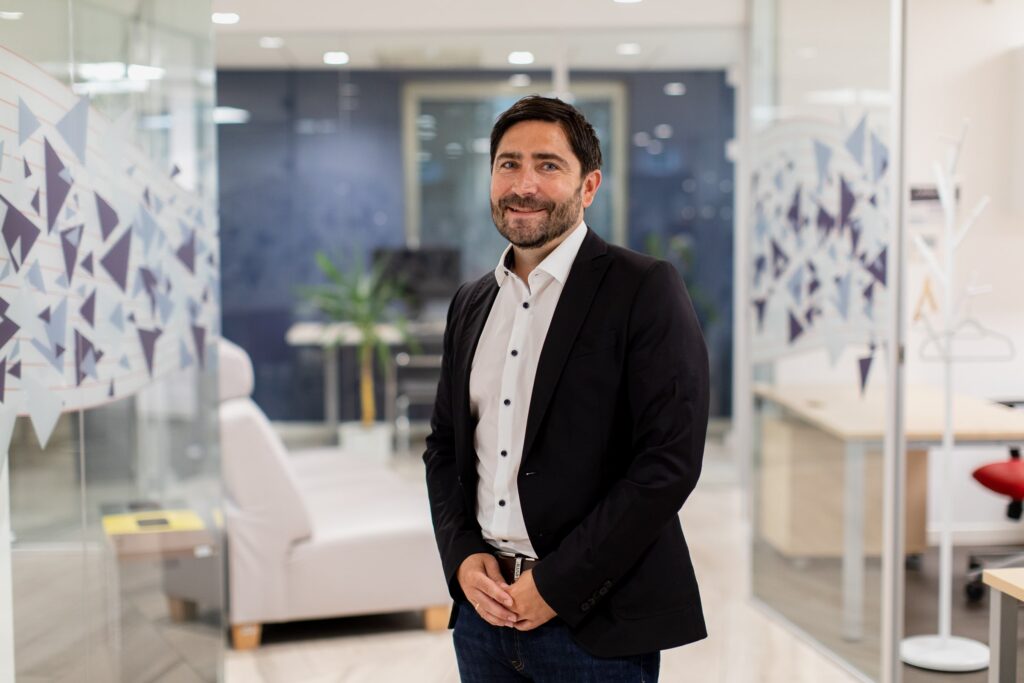
Phil Steininger
Executive Director of Research at medPhoton GmbH
I am Phil Steininger, Executive Director of Research at medPhoton GmbH in Salzburg (Austria). I have been working in the highly interdisciplinary field of image-guided radiation therapy since 2003. Starting at the clinics in Salzburg, resuming at the Paracelsus Medical University (Salzburg) and now working at our spin-off company medPhoton, I have learned to love the image guidance domain, and how satisfying it is to being able to translate research findings into medical products to finally counteract diseases.
For this reason, I truly appreciate the RAPTOR platform as it enables our company to pass on this enthusiasm to young, talented researchers to finally get jointly closer to the goal of supporting real-time adaptive PT. We are finally confident that some results of the RAPTOR project will find its way into our imaging products, to contribute to patient cancer care while fully exploiting today’s available technologies for this purpose.
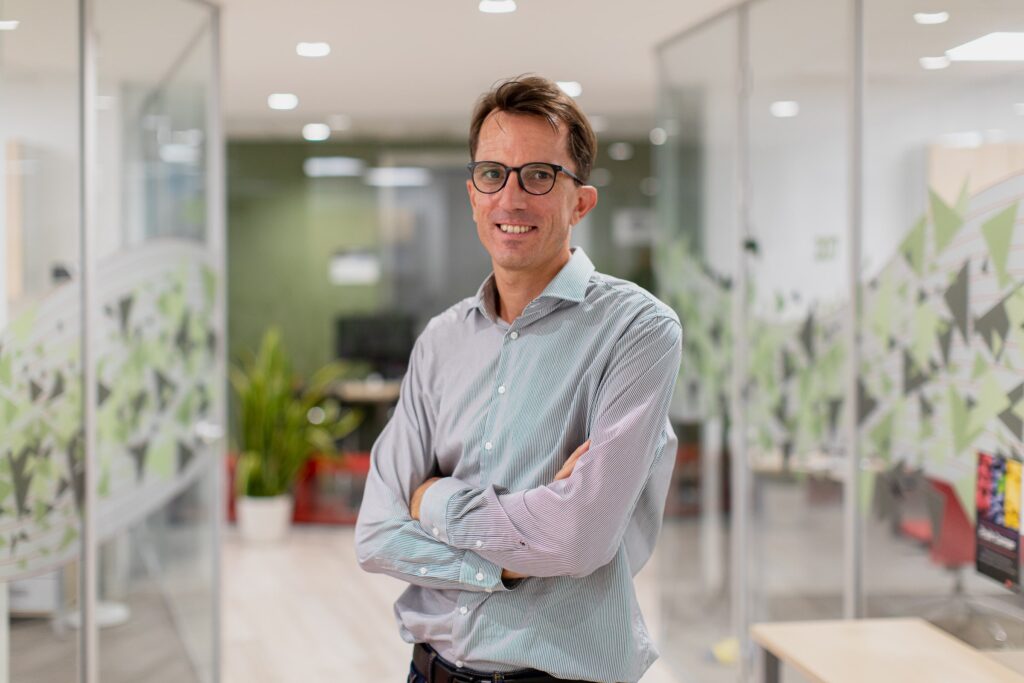
Christian Graeff
Automated and fast machine and delivery log-file based QA
I am Christian Graeff, Professor at Technical University Darmstadt and Medical Physics group leader at GSI Darmstadt, Germany. My team is working on advanced treatment planning and delivery strategies for particle therapy, especially for moving targets such as lung cancer. My goal is to maximise the unique conformity possible only with particle therapy, to help patients that currently have very few options.
Online adaptive therapy is even more important for tumors in the chest or abdomen than in other locations – while the anatomy and the range to the tumor can change over the course of therapy anywhere, it will change all the time in a breathing lung, and possible deformations from fraction to fraction are much larger than for example in the skull. Accurate knowledge of the impact of such changes is crucial and one of the big remaining research questions in particle therapy.

Stefan Both
Professor in Proton Therapy at the University Medical Center Groningen
I am Stefan Both, a Professor with a Chair in Proton Therapy at the University Medical Center Groningen and a RAPTOR Principal Investigator. As of 2008, I started my journey in proton therapy as a faculty at the University of Pennsylvania, spearheading technical advances, clinical developments and education programs. My research focus has been always patient-centred, aligned with my interest in high precision radiotherapy and adaptive workflows. University Medical Center Groningen offers a unique setting, as it is the home of the world’s first academic model based radiotherapy clinic, where patients are selected based on normal tissue complication probabilities for proton or photon state of the art treatments.
The RAPTOR project supports the development of online adaptive proton therapy and will ultimately enable personalized patient treatments taking full advantage of the superior physics of the proton beam. RAPTOR leverages in a unique way top-notch researchers and resources from academia and industry, working together to realise clinical adaptive proton therapy.
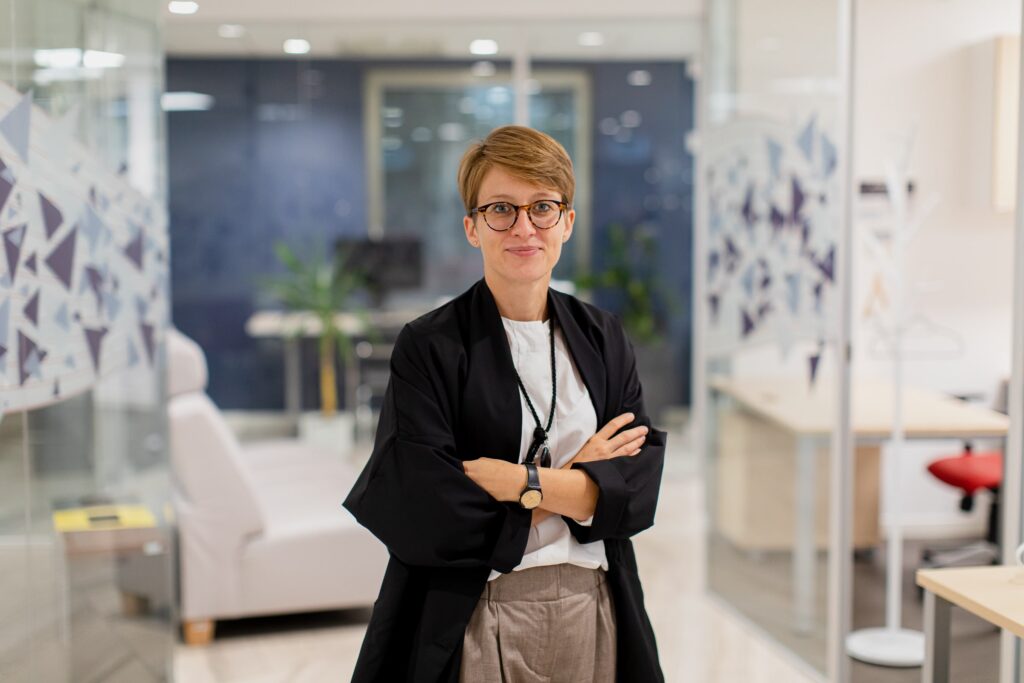
Chiara Paganelli
Assistant Professor at the Department of Electronics, Information and Bioengineering at Politecnico di Milano
I am Chiara Paganelli, Assistant Professor at the Department of Electronics, Information and Bioengineering at Politecnico di Milano, Milano, Italy. I obtained my Master’s degree in Biomedical Engineering at the Politecnico di Milano (Italy) in 2011 and the PhD degree in Bioengineering at the same institution in 2016. My research interests are focused on advanced image processing and image-guidance to improve cancer treatment in conventional and particle radiation therapy, with a specific focus on MRI-guidance for organ motion management, treatment optimization, personalization and adaptation. In the RAPTOR project I will coordinate the activities of WP2 – Imaging, which perfectly fits my reserach interests based on innovative methodological solutions and image-guidance to make the most of particle therapy advantages.
Collaborating with the excellent network of RAPTOR will allow me to interact with talented young and senior researchers, along with clinical institutions and industry partners, to push towards a clinical implementation of online adaptive particle therapy, paving the way to improved workflows and patient care in particle therapy.
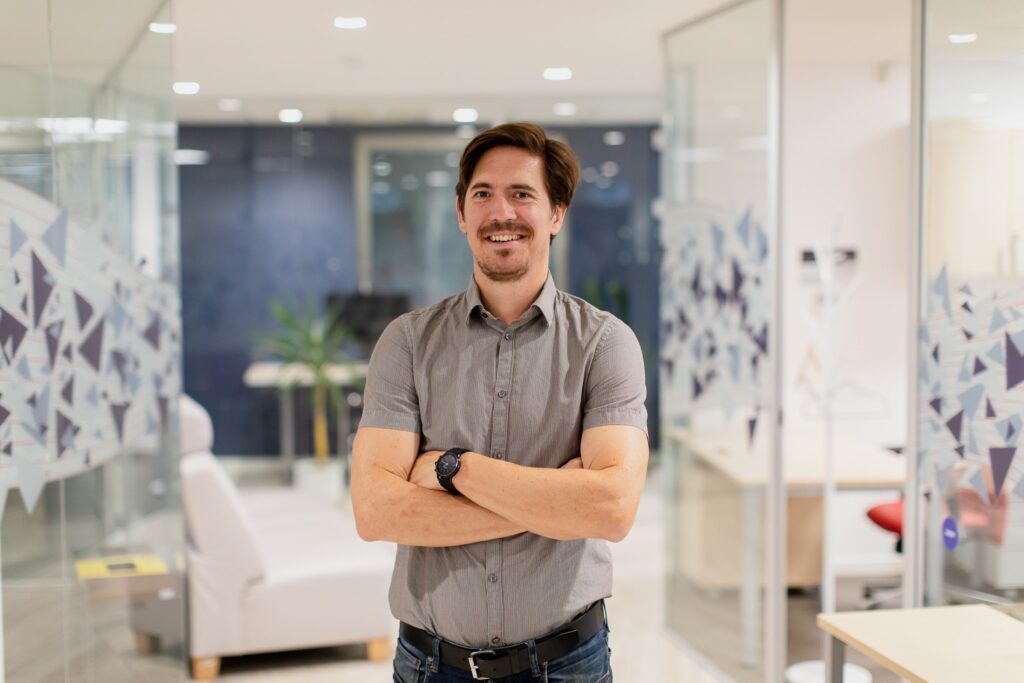
Kristjan Anderle
Chief Scientific Officer at Cosylab
I am Kristjan Anderle, a Chief Scientific Officer in Cosylab and a dissemination work package leader in the RAPTOR project. Besides RAPTOR I am involved in several projects revolving around innovations in radiotherapy and my role expands from managing a team, leading a project, and steering the roadmap of our products. Prior to joining Cosylab, I spent nearly a decade at the GSI Helmholtz Centre for Heavy Ion Research in Darmstadt, Germany. There I have also obtained my PhD in physics and learnt a lot about particle therapy, especially treatment planning with carbon ions.
My life goal is to bring cutting-edge science to cancer treatment and I believe real-time adaptive particle therapy is exactly that. Particle therapy already uses complex physics processes to kill cancerous tissue. Adding adaptation and the real-time component really increases the complexity of the problem and I believe the RAPTOR project has the right people to solve this challenge.
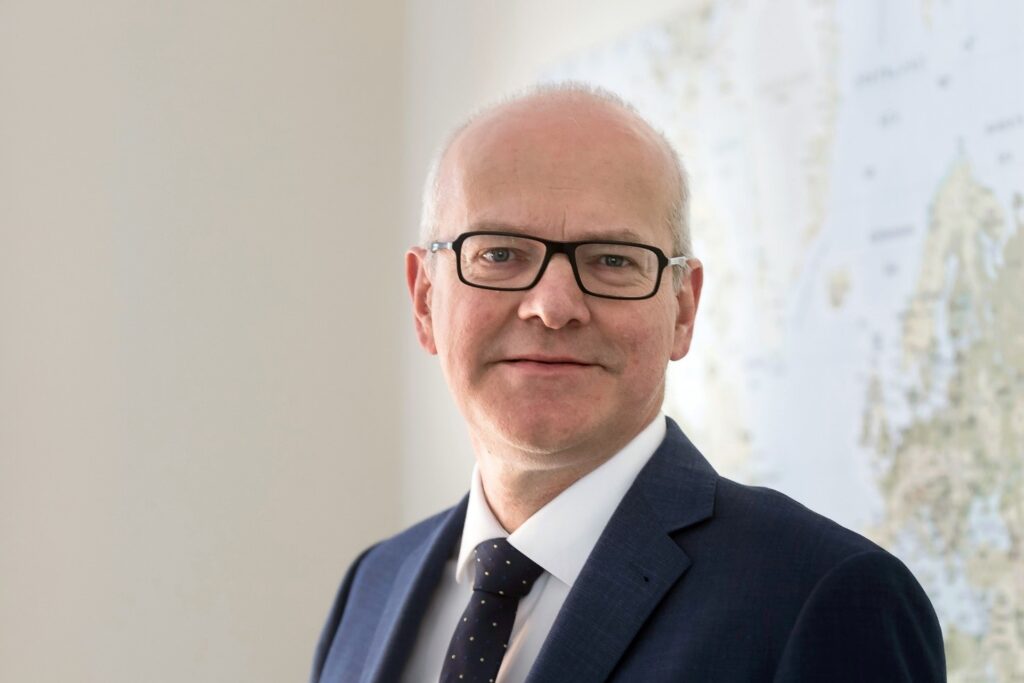
Dick den Hertog
Professor of Operations Research at the University of Amsterdam
I am Dick den Hertog, professor of Operations Research at the University of Amsterdam. I am passionate to apply Analytics to contribute to the UN’s Sustainable Development Goals. My vision is that Analytics can significantly contribute to a better world. That is why I co-founded the Analytics for a Better World Institute in 2022. Radiotherapy is one of the application areas. For many years I have done research to improve mathematical optimization models and techniques for radiotherapy.
In the RAPTOR project, my aim is to develop fast and robust optimization techniques for proton therapy. Those techniques should be fast, since in adaptive planning there is not much time, and robust since there are many sources of uncertainty. I hope that as a result of this RAPTOR project, better adaptive plans can be developed in clinical practice.
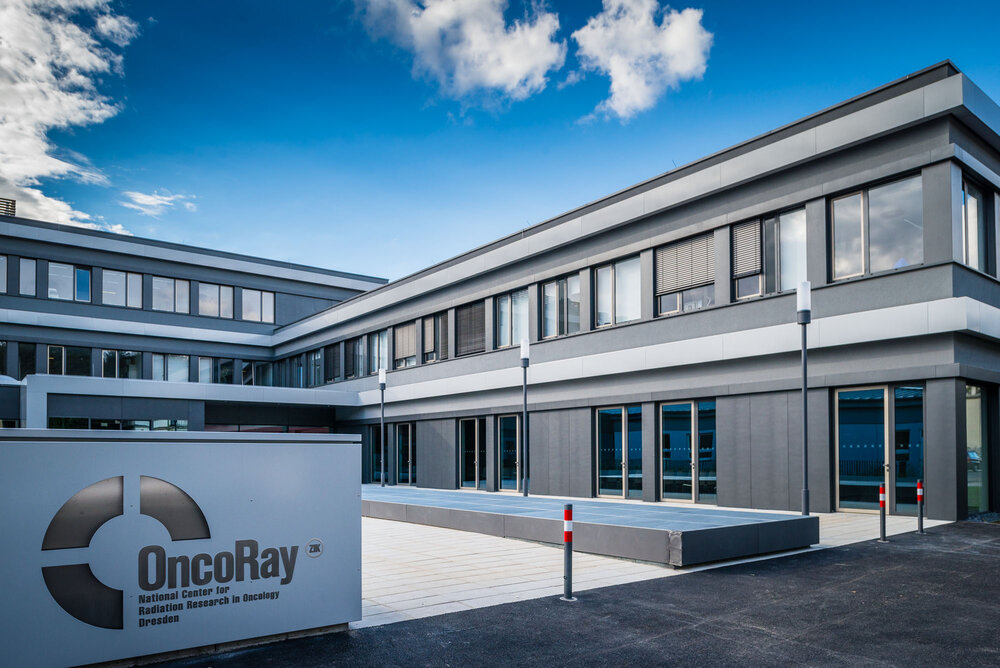
Name Surname
Dose quantification from PG imaging for adaptive planning
I am Andreas Smolders, 25 years old, Belgian, and currently doing a PhD in Medical Physics at the Paul Scherrer Institute, under the supervision of Francesca Albertini. My main degree is a Master in Mechanical Engineering, but I also studied Economics and Artificial Intelligence. I am an adventurer, always looking for new challenges, both professional and personal. I love the mountains, skiing, hiking and climbing, which, to be honest, did count in the decision to come to Switzerland.


